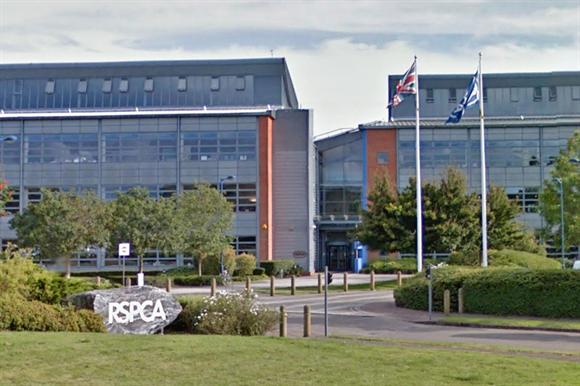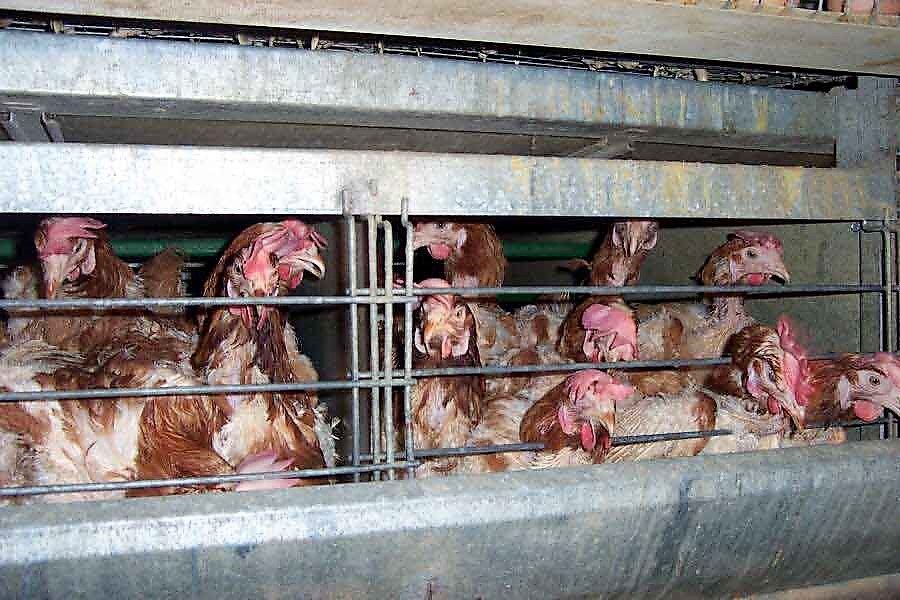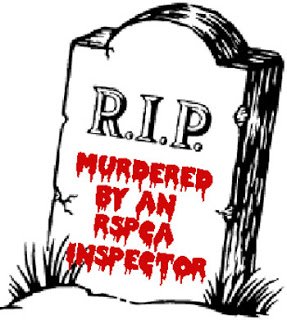The UK RSPCA HQ is on the move again. The Society has been like a hermit crab in the past by discarding its shell every few decades when it got too big for it. But this time it is different. They are downsizing.
Their first headquarters which opened in 1869 was a magnificent five storey colonnade Victorian building at 105 Jermyn Street in the centre of London just metres from Piccadilly Circus & Trafalgar Square. I remember the building well when I worked for the RSPCA in London. It was a maze of offices, corridors and staircases with a creaky old lift and a musty atmosphere, but it was a friendly and cosy place.
The Society escapes to the countryside.
Having served as its base for 103 years the Society decided in 1973 to escape to the countryside and set up home in another grand old building in The Causeway, Horsham West Sussex, much to the regret of the staff and public at the time. This was especially so in regard to their well-known and invaluable night emergency service which had come to the rescue of thousands of trapped and injured animals throughout Greater London and given emergency treatment to the public’s pets for forty years. The building was sadly demolished after the sale.
There was also a backlash by certain sections of the public over the perceived cost and waste of money of their move. But in fairness the original one had passed its sell by date as a workable office.

On the move again to a £16m building.
Fast forward two decades and the Society was on the move again. This time to a lavish 72,000 square foot purpose-built building in Southwater, not far from Horsham. Costing £16 million pounds it again attracted adverse publicity for the Society over the perceived wastage of money that some thought better spent on helping animals. Personally, when I first visited it seemed a little over the top with its huge open plan space and indoor gardens and waterfall. It was more like an airport terminal or TV studio.

And now two decades later the Society is on the move again. This time it is slightly different in that they are apparently downsizing. They are moving to smaller cheaper offices nearby. The Society admits they have not been using their present facilities to the full for a while and because of the Covid hiatus the staff want to follow the trend of working from home.
It does beg the question why such a costly big palace of a building was required in the first place, but hindsight is an intangible thing. Will this be the final move? Time will tell. One good thing to come out it will be the release of funds for more ‘activity’ to help more animals as they expect to raise millions from the sale. So, there should be no outcry this time.
Returning to its roots.
Part of the relocation and reorganisation is its partial return to its roots in London. Offices are being leased from another charity in November 2021 to provide a “Hub” which will act as a drop-in for staff to work and have discussions probably over many cups of coffee. This should be a truly touching case of history repeating itself as the RSPCA was founded in 1824 in a London Coffee House in St. Martin’s Lane with its founders dropping in to discuss its future.
Why not find out more about the old RSPCA headquarters and its emergency service in this book:

ISBN:978-1479230419 254 pages with b&w photos.
Find out more on bitzabooks.com
RRP £6.99
Buy now using PayPal.
Special Offer £5.99 + £1.50 p&p
Also available on Amazon Books






